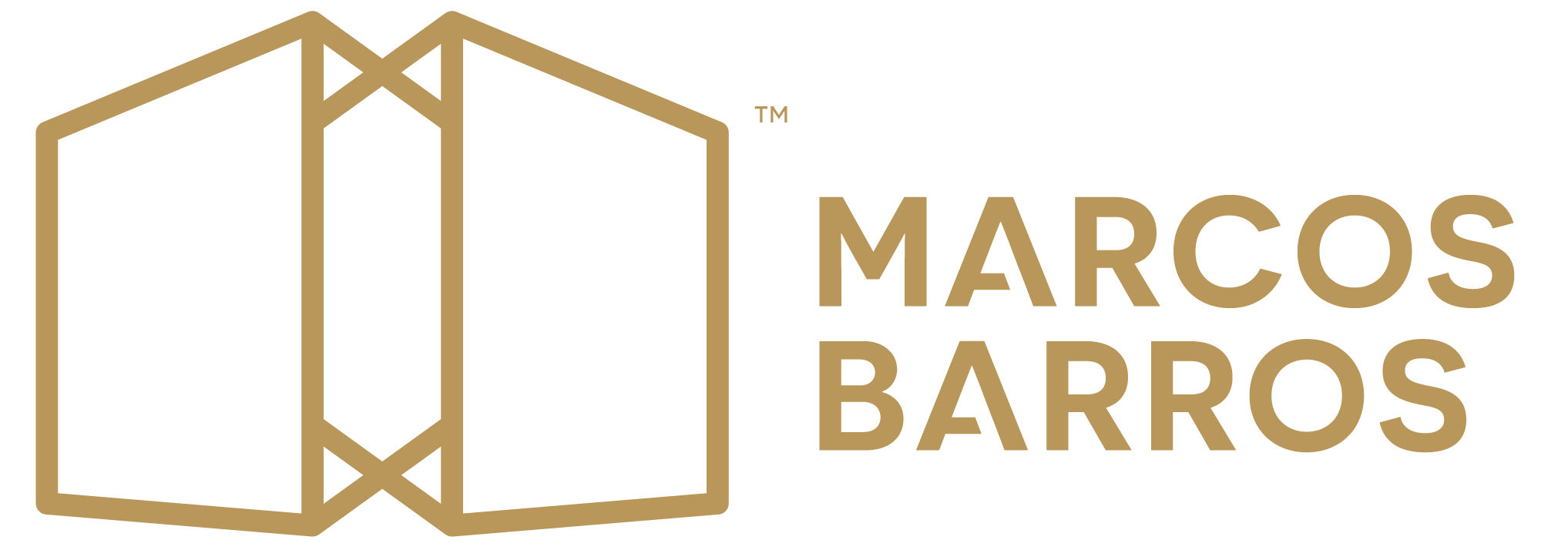Oh no, not another meeting! You already know what to expect. Blah, blah, blah, boring discussions, very little accomplished.
And it’s not just time. If you add the wages of everyone in the room, you will be horrified with the money being wasted.
The usual culprits:
1 – Lack of Previously Agreed Objectives and Structure
If the person calling the meeting doesn’t give it a crystal clear objective and structure, the chances of having it hijacked by emerging issues or louder people grow enormously.
The agenda could and should be negotiated previously with the participants, but a final structure has to be in place before it starts. And of course, whoever is leading it has to make sure that what was agreed is done.
2 – Status-Seekers and Logorrhea
If logorrhea is a new word for you, it’s like diarrhoea, but with words. A bit gross, but you get the point. These people are a pain in the ass. They waste everyone’s time, and they don’t care. They must be stopped, or they will ruin your meeting.
You can sort it by agreeing on a time limit for contributions during the meeting. Find someone to be the timekeeper before the meeting starts. There is a little app called Time Timer that makes the left time very visual and easy to follow.
3 – Lack of Follow Up
This is crazy. We waste lots of time to decide very little, and very often, half of what was agreed will never happen. Why? Because there was no clarity on WHO would have his head chopped if that fails. Or no one checked if what should happen actually happened.
You should finish your meetings like a pro. Decisions made must be documented and distributed. It should include the results to be achieved and the delivery dates. Mostly, it should have ONE PERSON, not two, responsible for each deliverable.
A simple visual system like kanban can be immensely useful to follow up tasks in a way that everyone knows what is going on. Collaboration tools like Slack or Trello can also make it easier to track.
Conclusion:
A little meeting structure and management can save you and your company a lot of time and money. Can you remember anything else that can improve the quality of meetings?


Recent Comments